International bank switches from BlackBerry to Apple iPhone
According to Reuters, the London-based bank is replacing the BlackBerry with the iPhone as its phone of choice. Workers who already use a BlackBerry have been given the option of switching to the iPhone. The company will pay monthly billing for business-related telephone and data services on Apple's handset.
The Asia-focused bank has nearly 75,000 employees, though it is not known how many of them currently have a BlackBerry issued by the company. The switch is unique for the financial industry, where other institutions like HSBC Holdings and Morgan Stanley remain BlackBerry-only.
"If more companies switch to the iPhone, this is of course bad news for RIM," Lu Chialin, an IT industry analyst at Macquarie Securities in Taipei, told Reuters. "However, it will take a long time for companies to do their own internal testing before deciding to change, so it will be a while before it has any effect on RIM."
Apple has made inroads in the enterprise market, but still faces a number of obstacles in a number of industries that are tied to devices like the BlackBerry. Apple hopes to make further progress in the enterprise market with the release of iPhone OS 4 this summer, which will bring data protection, wireless app distribution, SSL VPN support and more to the handset.
Last year, it was projected that Apple had a 7 percent share of the enterprise smartphone market. That was well up from the 2 percent share seen by the company in 2008.
Starting last June, Apple became more aggressive in courting potential enterprise customers. It was last summer that the Cupertino, Calif., company released a guide designed to help system administrators deploy iPhones throughout large businesses.
In the first quarter of 2010, Apple sold 8.75 million iPhones, good for a 16.1 percent worldwide market share, taken somewhat at the expense of the BlackBerry. RIM's smartphone lost market share when compared to the first quarter of 2009 — the only company among the top five brands to do so.
 Katie Marsal
Katie Marsal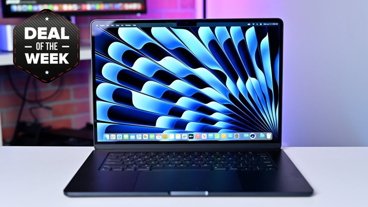

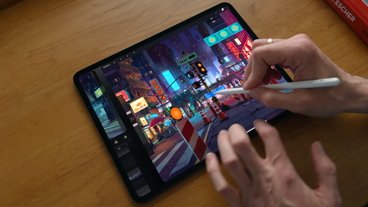
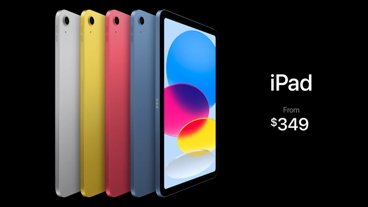

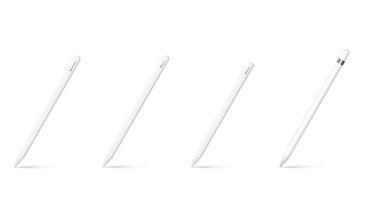







 William Gallagher
William Gallagher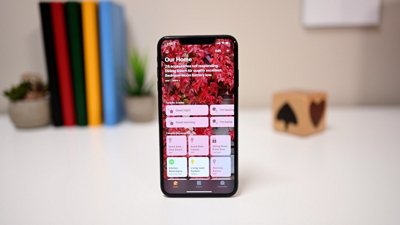
 Andrew O'Hara
Andrew O'Hara
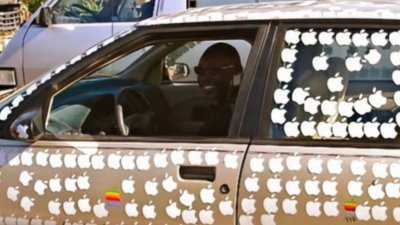
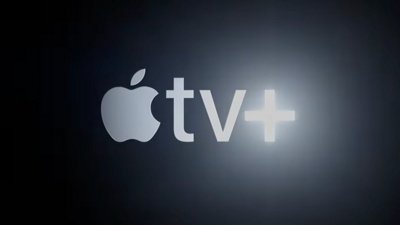
 Mike Wuerthele
Mike Wuerthele

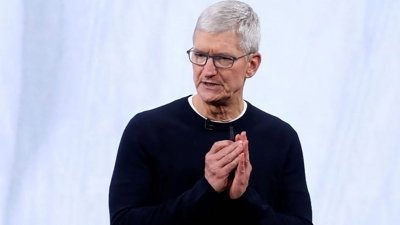
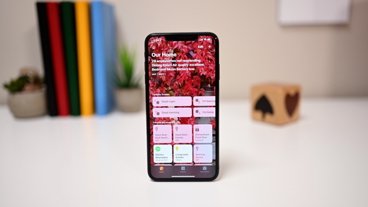








53 Comments
This should be good for Apple. If this catches on that is.
This will be bad for RIM.
This should be interesting
What was it about the iPhone not being enterprise ready?!
Apple is Doomed!™
Standard Chartered, a British bank with nearly 75,000 employees in more than 70 countries, has switched its standard corporate communications device from RIM's BlackBerry to Apple's iPhone.
I am not surprised - having supported BES installations in the past and having dealt with the extremely complex handhelds I can only imagine the move to the iPhone delivering much needed stability and ease of use to these organisations.
I recently had cause to support a Blackberry (I can't remember the model but it was relatively new) - I tell you after 3 years with an iPhone it was like stepping back in time - those things are clunky dinosaurs and unless RIM radically improves the offering I see many more organisations following suit.